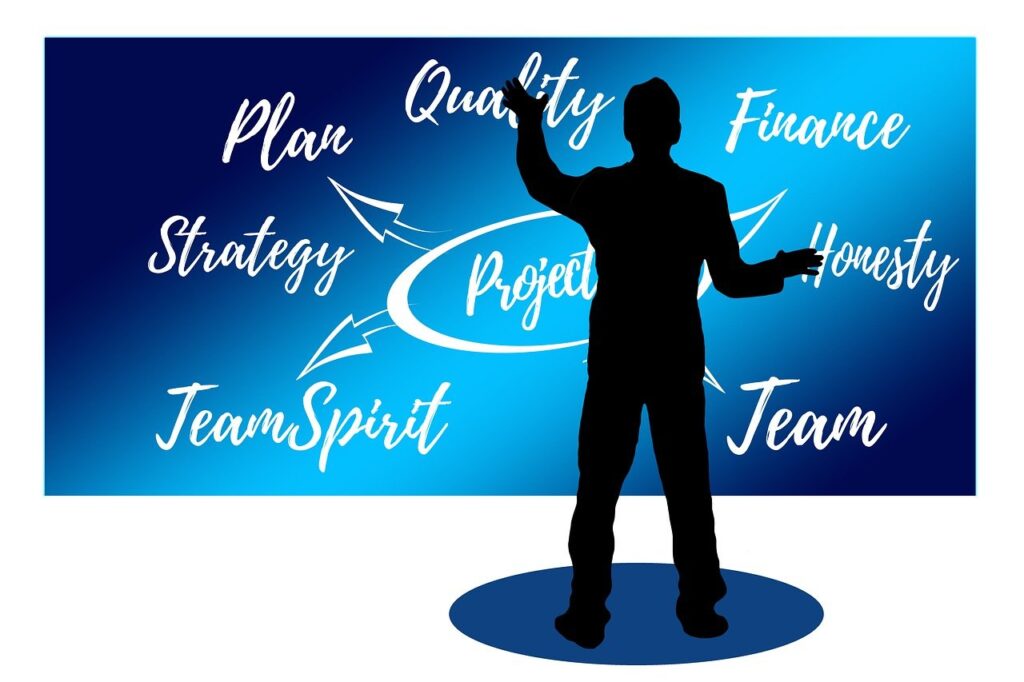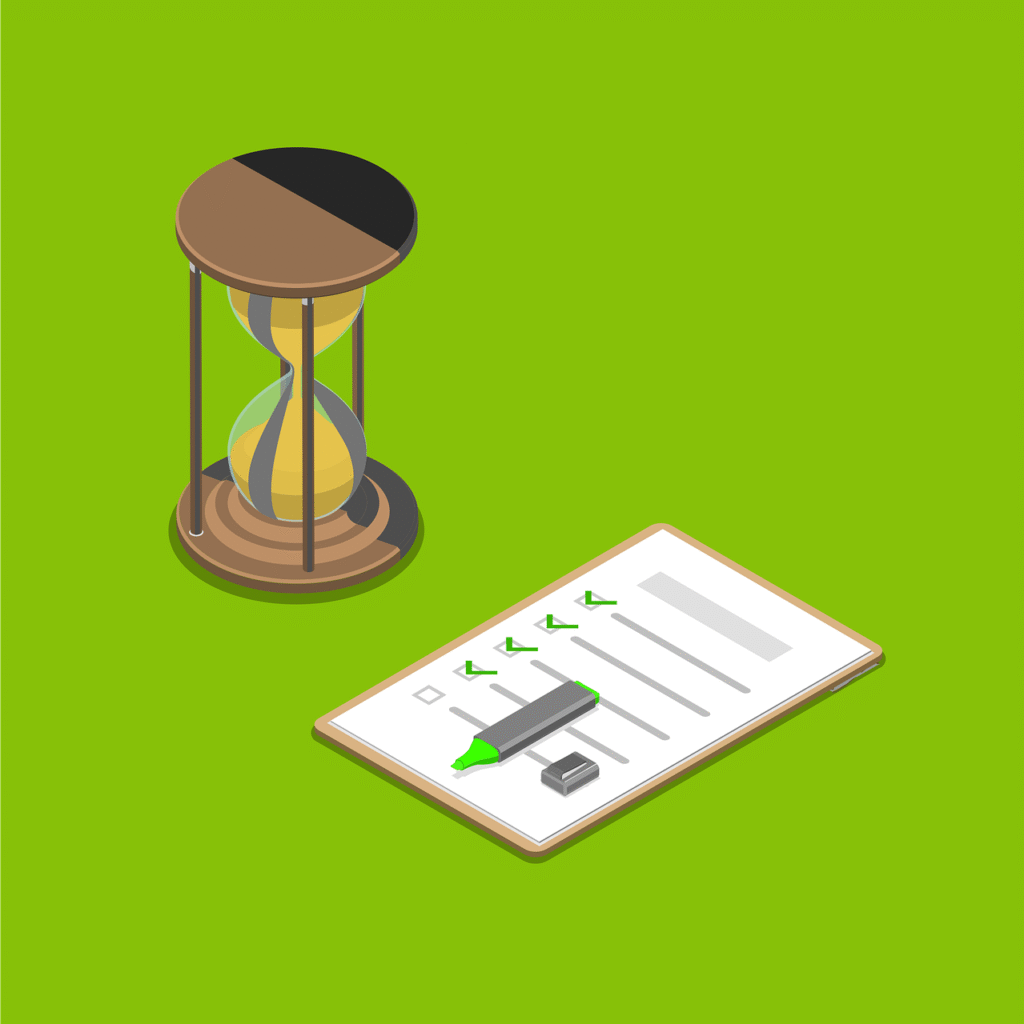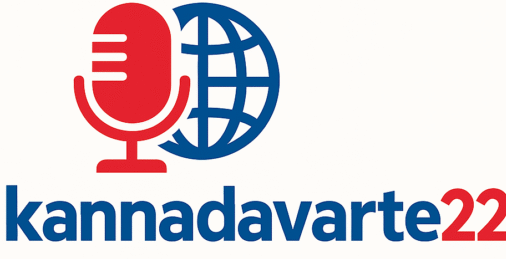In the modern digital world, productivity tools are everywhere — task managers, note-taking apps, scheduling software, AI assistants, and more. They promise to help us save time, stay organized, and get things done faster. But here’s the paradox: many people end up spending more time managing these tools than actually doing the work.
This is the trap of over-reliance of tools like productivity apps. While apps can boost efficiency, too many tools can create confusion, distraction, and a false sense of accomplishment. You might feel busy all day but end up with little real progress.

The Rise of Productivity Tools
The productivity software market has been booming.
According to Statista (2024):
- The global productivity software market is projected to reach $122 billion by 2028.
- On average, a working professional uses 13 different productivity apps daily (Asana Research, 2023).
While this growth shows the demand for efficiency, it also reveals a problem — more tools don’t always mean more productivity.
How Over-Reliance of tools Creeps In

Also Read : Mental Fatigue: The Hidden Cost of Constant Screen Exposure
At first, downloading a new app feels exciting. You believe it will make your workflow smoother. But soon:
- You have multiple apps doing similar tasks — for example, three note-taking apps and two to-do list tools.
- You spend hours learning features, customizing settings, and syncing data.
- You switch tools frequently, losing focus and momentum.
- You start organizing tasks instead of completing them — a form of productive procrastination.
A RescueTime survey found that employees spend 2.5 hours per week just switching between tools and apps — that’s more than 130 hours a year wasted.
The Psychology Behind the Problem
Why do we fall into this trap?
Psychologists call it the “planning fallacy” — we overestimate the benefits of planning and underestimate the actual work needed. Tools give us a sense of control and accomplishment without us having to face the harder part: execution.
Moreover, each new app releases a dopamine hit — it feels fresh and promising. But over time, managing these tools becomes mental clutter.
Real-Life Example
Imagine a content creator managing:
- A Trello board for blog post ideas
- Notion for long-term project tracking
- Google Calendar for scheduling
- Asana for team tasks
- Evernote for research notes
Instead of writing a blog, they spend half their day organizing tasks between these platforms, adjusting due dates, or watching tutorials on “how to get the most from your productivity app.”
By the end of the day, the work output is low despite being “busy” all day.
Research and Statistics
Several studies confirm the dangers of tool overload:

Also Read : Lack of Physical Activity: The Hidden Cost of a Tech-Driven Lifestyle
- Harvard Business Review found that employees use an average of 9 different collaboration tools, leading to a 32% increase in context switching, which reduces deep focus.
- McKinsey & Company reports that excessive reliance on apps can lead to digital fatigue, lowering actual output by up to 20%.
- According to Slack’s Future of Work Survey, 57% of workers said too many tools make it harder to find the right information when they need it.
The Hidden Costs of Over-reliance of Tools or Overuse
- Time Drain – Learning, setting up, and syncing tools consumes hours.
- Decision Fatigue – Choosing which app to use for each task can be mentally exhausting.
- Fragmented Information – Important data is spread across multiple platforms.
- Reduced Deep Work – Constant notifications and app switching interrupt focus.
- False Productivity – You feel busy but produce little meaningful work.
When Tools Help vs. When They Hurt
They Help When:
- You use one primary tool per function (e.g., one note app, one task manager).
- The tool integrates seamlessly with your workflow.
- You spend more time doing tasks than managing tools.
They Hurt When:
- You have overlapping tools for the same purpose.
- You spend more time planning than executing.
- You switch tools often, chasing the “perfect” setup.
Also read : Sleep Disruption due to screen time: How Excessive Screen Time is Destroying Your Rest and Productivity
How to Avoid Over-Reliance of Tools
- Audit Your Tool Stack – List all the apps you use. Remove duplicates and keep only essential ones.
- Limit to Core Functions – Choose one tool each for communication, task management, and note-taking.
- Set Usage Boundaries – Allocate fixed times to update tools instead of checking them constantly.
- Focus on Execution – Adopt the “do it now” rule for small tasks instead of over-documenting them.
- Embrace Simplicity – Sometimes, a notebook and pen are more effective than a complex digital setup.
The 80/20 Approach
Apply the Pareto Principle:
80% of results often come from 20% of your efforts — and tools are no exception. Identify the 20% of tools that bring the most value and focus on those. Eliminate or reduce the rest.

A Balanced Perspective
The point isn’t to abandon productivity tools — they’re essential for organization, collaboration, and efficiency in modern work.
But tools are only a means to an end. If they become the focus, you lose sight of the actual work. As author Cal Newport says, “The skill of deep work is rare in part because it’s not encouraged in a culture that prioritizes quick wins and constant connectivity.”
Conclusion
Over-reliance of tools like productivity can create a dangerous illusion — you appear organized, but your real output suffers. The key is to simplify, reduce tool clutter, and focus on meaningful execution.
Next time you feel tempted to download a new “life-changing” productivity app, ask yourself:
- Will this tool truly help me work better, or will it just add another layer to manage?
Remember: Your productivity isn’t defined by the number of tools you use, but by the quality of work you produce.
